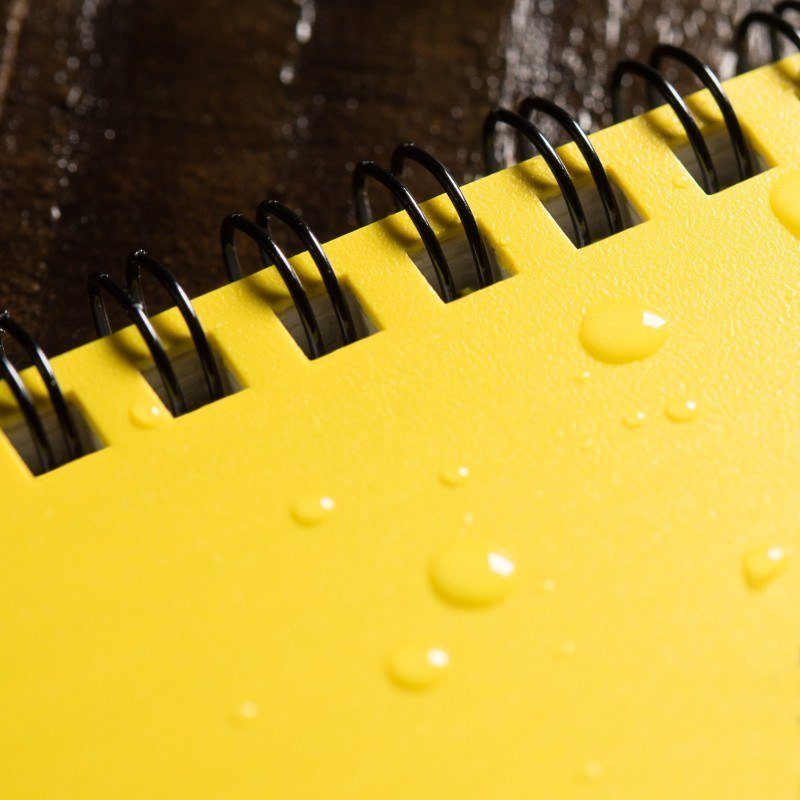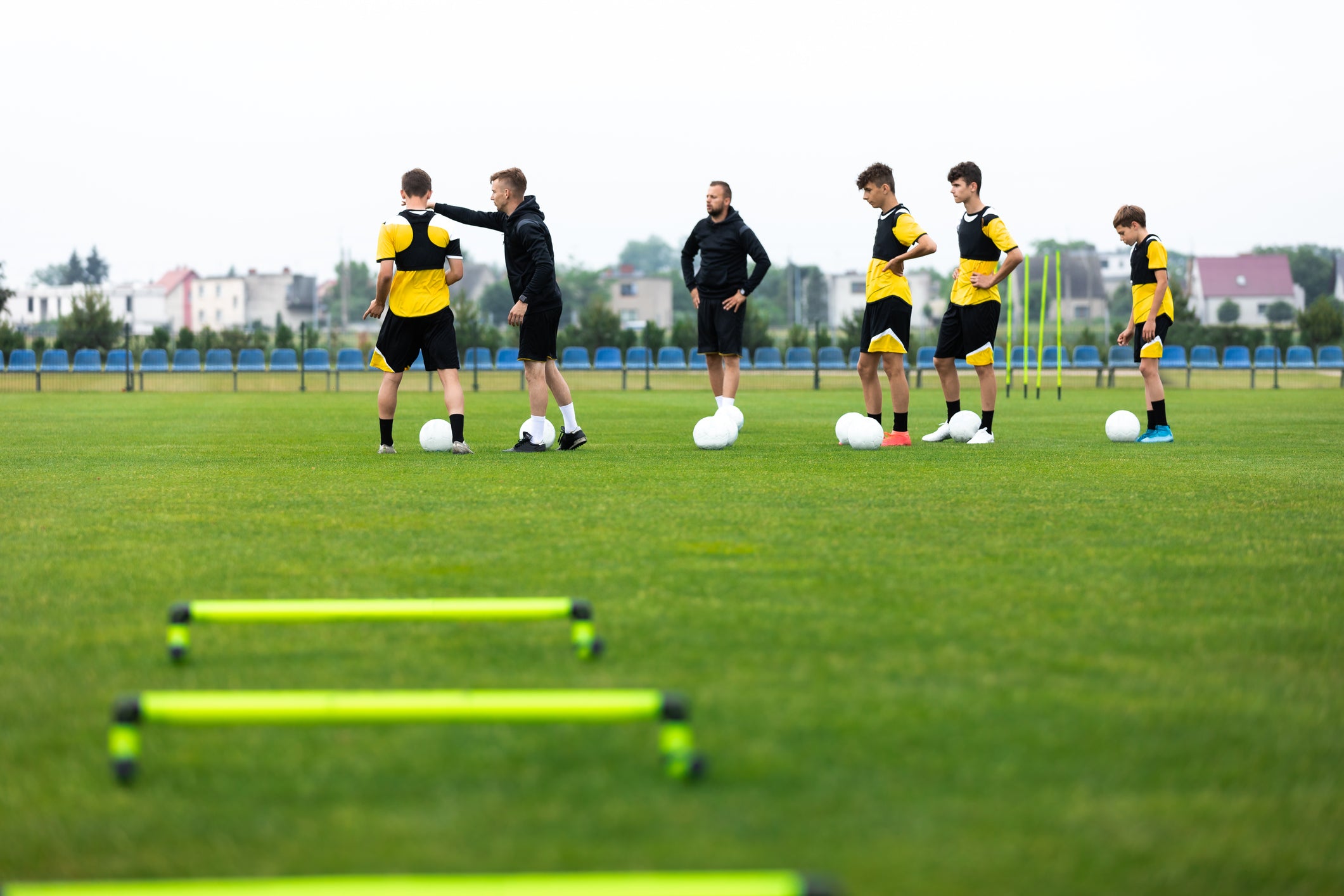School trips are extremely fun ways to encourage learning out in the world instead of a classroom, but they’re always complicated to plan out. To make it a bit easier for you, we’ve put together this handy guide with plenty of school trip planning tips and tricks. If you want to get your outing on the go ASAP, then read on for our helpful advice on how to plan a school field trip.
Plan Plenty Of Time Ahead
Our number one tip for how to plan a school field trip - leave plenty of time to pull it all together. Planning a school trip is never an easy thing to do - there’s just so much to organise! You’re going to have a lot of different factors that you need to take into consideration and plan for.
We recommend that the planning process starts around 12 months in advance of when you actually plan to go, but depending on how complex the planning and preparation will be then 18 months may well suit better. This should give you plenty of time to get all of the details ironed out and give plenty of time to parents to make any preparations that they need to and to budget accordingly for the trip.
Define Learning Objectives
If you want your school trip proposal to go smoothly, then you’re going to need to have a very clear idea of what the educational value of the trip is, and why it's enough to justify the expense and time taken to make it happen.
What are your specific learning outcomes? Does the trip align with your curriculum? How well does it support your in-class teaching? These are the important questions that need to be at the core of planning a school trip. That isn’t to say that a school trip can’t be fun - in fact it very much should be. But it also needs to be a valuable opportunity for learning in an environment beyond the classroom.
Choose a Relevant Destination
You won’t get very far in the process of planning a school trip without identifying the location that you want to go to. There’s all kinds of incredible, educational venues that you can visit across the world. Museums, historical sites, zoos, science centres, or any place that offers educational value in relation to your subject are sure to be great picks for your trip.
One of the most important tips that we can give on how to plan a school field trip destination is to remember to consider the age group and interests of the pupils you’re planning to bring. It’s always key to take into account the educational value that your trip will have on a particular age group, as not all trips are suitable for all ages. Make sure you give plenty of thought to the educational benefit if bringing this particular class to a given location.
Research and Secure Proper Accommodation
If you’re looking into residential trips, then accommodation has to be one of your top considerations. When it comes to how to plan for school field trip accommodation, our number one tip is to ensure that you thoroughly research potential venues to make sure that they suit all of your needs.
Generally speaking, you’ll be making use of large hotels or youth hostels for your accommodation. You’ll need to find out whether or not they accept school trips first and foremost, and whether or not they allow children of the age group you’re planning the trip for to stay in their rooms without adult supervision. Don’t forget to plan around any dietary requirements that you may have when it comes to sorting out catering as well.
Ensure That You Have Completed a Thorough Risk Assessment
One of the essential tasks that needs to be carried out before a trip can even start to go ahead is writing up a risk assessment. This needs to be as detailed as possible and consider as many angles as possible in order to devise the best possible countermeasures for any dangers that you may encounter on your trip.
You’ll need to lay out how you’ll deal with emergency situations, as well as take precautions against the most likely risks that you expect that you may face. Some trips are riskier than others, but there’s always some element of risk to any trip. It can be helpful to check a venue for any testimonials from visitors in the past - particularly other schools - to see if there’s any particular advice you may gain from others’ past experiences.
Obtain Parents’ Permission
Of all of the tips on how to plan a school field trip, this one is the most crucial. You must get parents’ permission before you consider taking your pupils anywhere. Do this well in advance, so that you are able to get a proper headcount of who is and is not going to be on this trip and you can make arrangements accordingly.
This is typically done by dispersing a detailed permission slip containing the vital information about the trip, such as the date, location, cost, risks and itinerary. You’ll want to stress the importance of getting consent in a timely manner in order to avoid delays, and also gather a list of emergency contacts just in case something does go wrong.
Arrange Transportation to Get to Your Destination
Any school trip is going to need to have suitable transportation organised in advance, which is why it gets its own spot on our guide on how to plan a school field trip. Scheduling a bus, coach or train for such a large group of people isn’t something that can be easily done on the fly. Make sure that this is in hand well before the day of the trip.
If you’re going to be utilising a public transportation establishment such as a bus or train station instead of your own meeting place, it is well worth having some kind of identification in place so that you can easily keep track of your pupils. Something like a hoodie or some other kind of clothing, or even something as simple as a wristband, is perfect for this kind of thing.
Collate Equipment
The last tip we have in our guide on how to plan a school field trip is to ensure that you've got all of the equipment that you’re going to need. The exact list will vary from trip to trip, but we’ve collated some of the most common ones for you:
- Emergency food/water - Always handy in case of any delays to the journey, and especially important on hot days where water may be needed to cool off.
- Basic cleaning supplies - Bin bags, wet wipes, kitchen roll and the like will always come in handy for keeping your space clean and tidy, and may well be vital in case you have pupils that don’t travel well.
- Waterproof notebooks and pens - Waterproof notebooks and pens from Rite in the Rain are perfect for an outside school trip, allowing pupils to keep taking notes whatever the weather.
- Identifiable clothes/accessories - As outlined earlier, having easily identifiable clothing and/or accessories will make it far easier to keep track of all of your pupils and ensure nobody gets lost.



